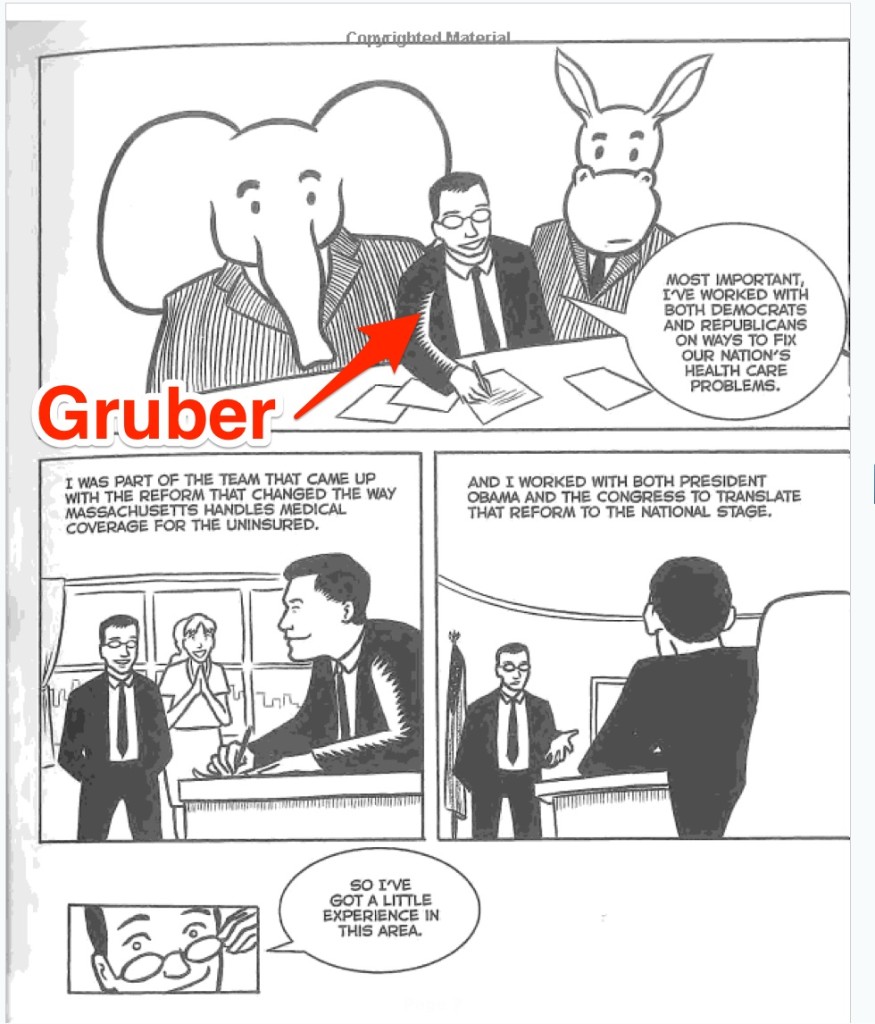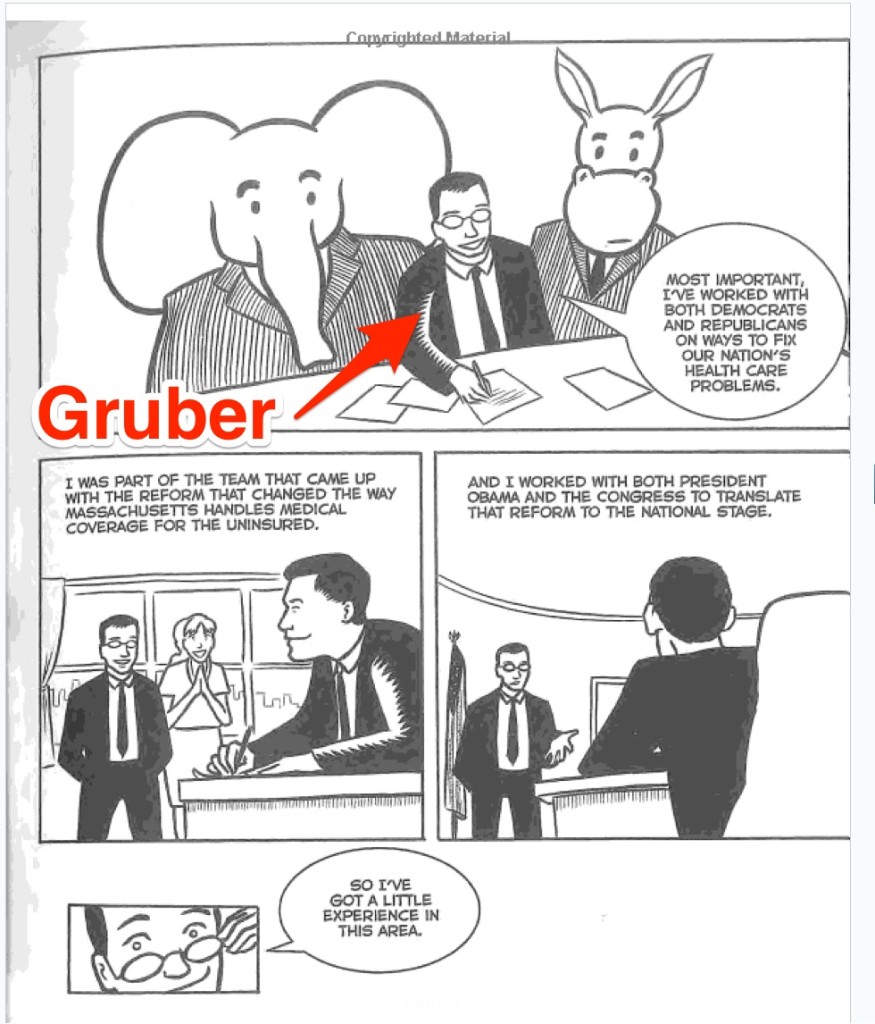
**A Health Care Reckoning: The Aftermath of a Tragedy Shaped by Public Distrust**
In an incident that reverberated across both the corporate and public domains, the recent violent passing of UnitedHealthcare’s CEO has sparked a wider discussion on pervasive issues related to health insurance in America. While television commentators and political figures highlight the personal loss—referring to his position as a spouse and father—public sentiment expressed on social media clearly indicates that the story goes well beyond the fate of a single individual. The intense online reactions, including over 57,000 laughing emojis on UnitedHealthcare’s condolence message, highlight profound frustration and resentment toward the health insurance sector.
At first glance, the public’s reaction might appear shocking. Americans are often praised for their ambition and their respect for those who achieve success. However, this situation reveals something significant about the contentious means by which such success is attained, especially in sectors that influence individuals’ well-being. Rather than indicating a lack of compassion, the online furor reflects years of suppressed indignation directed at the critical shortcomings of the U.S. health insurance system—a system perceived by many as having endangered, and even claimed, numerous lives.
### The Unseen Victims of the Health Insurance Sector
Annually, tens of thousands of individuals in the United States lose their lives due to inadequate access to prompt medical treatment. Whether this arises from insurance claim rejections, prolonged approvals for essential therapies, or the crippling financial blow of uncovered health care costs, the medical sector is riddled with systemic issues. Public fury arises not from a lack of compassion for the CEO as a person, but from the anonymity afforded to a far larger group of casualties—average individuals who fall victim to the failings of the system that purports to protect their health.
Unlike the mournful and rare demise of a corporate figure, fatalities resulting from denied insurance claims fail to attract media coverage. These commonplace tragedies often go unrecognized, lost amid the bustle of American existence. While the CEO was portrayed as a relatable individual—with a family and a personal narrative—most of the people who perish due to health care failures remain nameless, reduced to mere figures. Their anguish becomes yet another side note in the industry’s incessant quest for revenue.
### Leadership and Accountability: Where Responsibility Lies
A corporation is not an abstract entity acting independently; its behaviors are influenced by its leaders. Therefore, top executives—including CEOs—hold a critical position in shaping a company’s ethos, placing profitability above patient care, and directing the policies that dictate customer treatment. These executives receive salaries and bonuses reflective of their companies’ profits, but such gains often come at the cost of denied care and troubled lives.
Thus, it is no surprise that the public’s view of health insurance executives skews heavily negative. The unfortunate murder of the CEO has highlighted the severe disparity in accountability. While corporations invest millions in protective measures for prominent executives in reaction to this event—ordinary citizens find themselves powerless, with no similar options when their loved ones are denied essential treatments due to opaque corporate policies.
This disconnect between corporate privilege and public anguish has fueled resentment for years, creating a receptive environment for such intense responses. The murder, while undeniably an act of unlawful violence, also stands as a tragic emblem of the system’s failure to align ethical duties with business motives.
### The Systemic Shortcomings: Politicians Also Bear Responsibility
It is erroneous to place the blame for the health care crisis solely on the insurance sector, despite its representation of avarice and dysfunction. A closer examination exposes the complacency of the political apparatus, which has neglected to implement effective checks and balances. Politicians’ connections to special interest groups, including health insurance firms, frequently compromise essential health care reforms, leaving regular Americans at the mercy of a system designed to favor profit over human welfare.
Consider the difference in approach towards military expenditure or the neutrality of the justice system, both deemed too crucial to be entrusted to private entities. Yet, regarding something as essential as health care—often a matter of survival—the system is delegated to private interests that primarily respond to shareholders. Politicians often raise the specter of “socialized medicine” to deter voters from reform, grossly misrepresenting the potential for publicly funded health care to enhance both dignity and efficiency within the process.
This duplicity hasn’t gone unnoticed by the public. While commentators focus their critiques on the public’s “tasteless” reaction to the CEO’s murder, one must ponder if the outrage is truly misplaced. Had effective regulatory frameworks and accountability structures been established, perhaps this tragedy—and the experiences of thousands of others—could have been prevented.
### Trust and the Costs of Betrayal
Trust underpins any society. Without it, systems buckle under the pressure of
